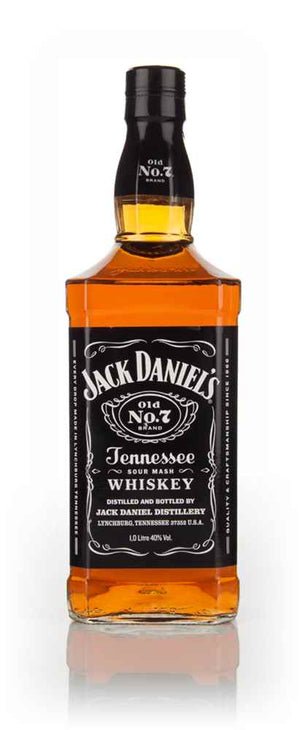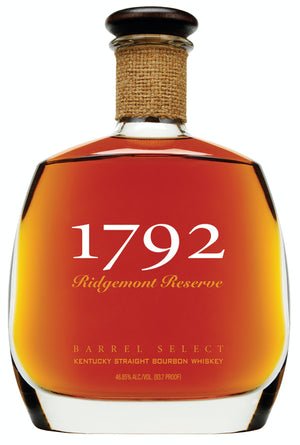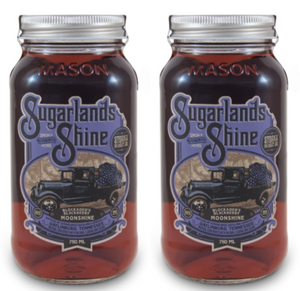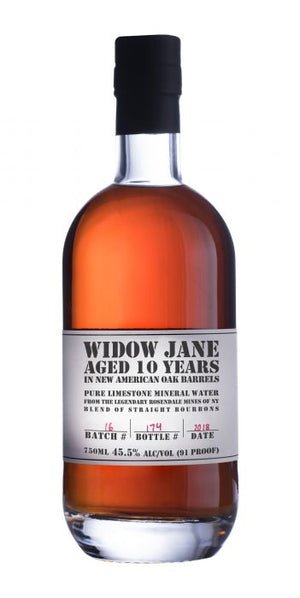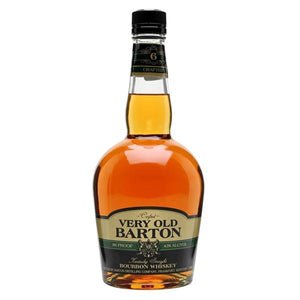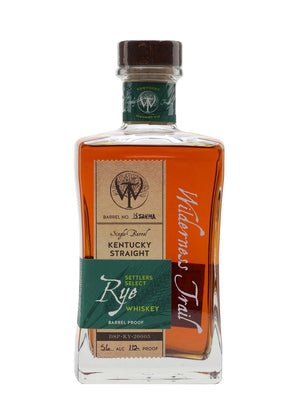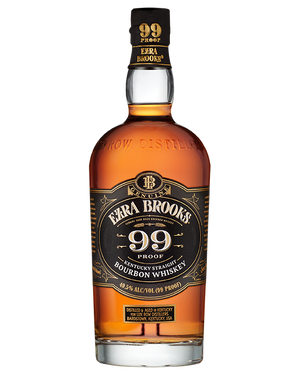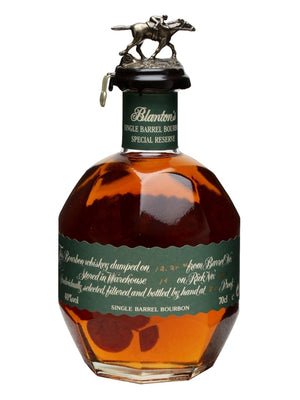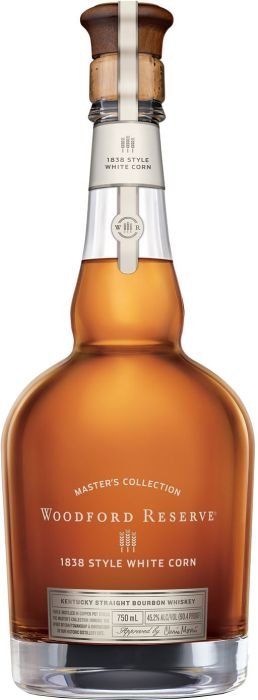‘
Detailed Description
People love their Jack Daniel’s Tennessee Whiskey, a back bar favourite around the world and one of the biggest-selling whiskeys in history. Now you can get a whole litre of the whiskey made in Lynchburg, Tennessee, ideal for those who are entertaining or just really love a bottle of Jack. It’s filtered through 10 feet of sugar maple charcoal in accordance with the strict definition of the Lincoln County Process, a technique that not only gives it that characteristic mellow quality and slight smokiness, but also makes it a Tennessee whiskey.
Jack Daniel’s Tennessee Whiskey | 1L Tasting Notes
Nose: Light with plenty of sweetness. There are hints of dry spice and oily nuts, a touch of smoke.
Palate: Quite smooth and soft with notes of banana milkshake, a mixed nut note, a touch of caramel with crème anglaise.
Finish: Sweet with a little cereal sweetness and toasty oak.
Distillery Information
Jack Daniel’s (or simply JD) has attained a decidedly cult-like status. There is a massive market for brand memorabilia and the Old Time No.7 Brand is a regular on the back bar of almost every bar in the world, immediately recognisable by the famous square Jack Daniel’s bottles. The exact date of Jasper Newton ‘Jack’ Daniel’s birth is unknown for his birth records were destroyed in a courthouse fire. Varying sources suggest 1846 and the brand themselves maintain it was in September of 1850. There is similar doubt as to the founding of the distillery though it was certainly at some stage between 1860 and 1880, it was located in Lynchburg, Tennessee. Jack had Welsh and Scottish blood and was one of thirteen children. He employed the services of his nephew, the Steinbeckian sounding Lem Motlow. Lem was adept at mathematics and ran the company bookkeeping. In the early hours of one morning, Jack Daniel was attempting to open his safe. It is said that he often forgot the combination and, maddened by the safe’s recalcitrance, he duly delivered it a sound kicking. Such was his fervour that Jack suffered an infection in one of his toes which eventually led to blood poisoning. In 1907, Lem was given the distillery, for Jack’s health was worsening. Sadly, Jack Daniel died in 1911. During the former years of the twentieth century alcohol was becoming outlawed. Tennessee prohibited it in 1910 and Lem Motlow relocated the distillery to St Louis, Missouri and to Birmingham, Alabama, though local laws and the eventual arrival of Prohibition forced closure. Lem became a Tennessee state senator and helped repeal the state prohibition laws and production began once more in 1938. During the Second World War, distillation paused nationwide between 1942 and 1946, the quality of grain was an issue and Lem did not restart production until 1947 when he found a good supply. It is worth mentioning that Jack Daniel’s whiskey is not bourbon, despite bearing most of the same characteristics, in production methods at least. There is, however, one key difference. The whiskey enjoys filtration through sugar maple charcoal prior to maturation. This process is of key importance to the finished whiskey’s character, bottled as Tennessee Whiskey.

